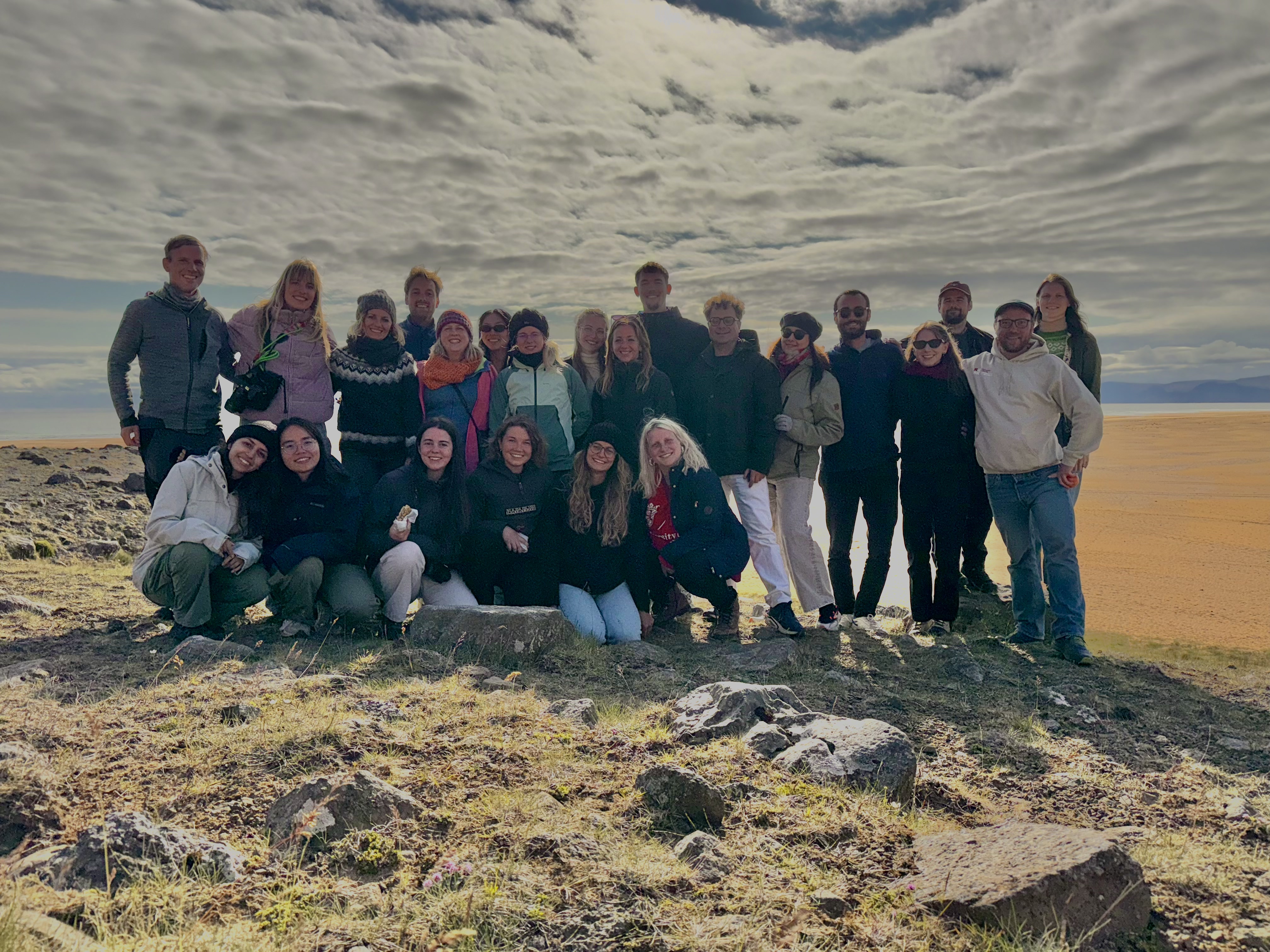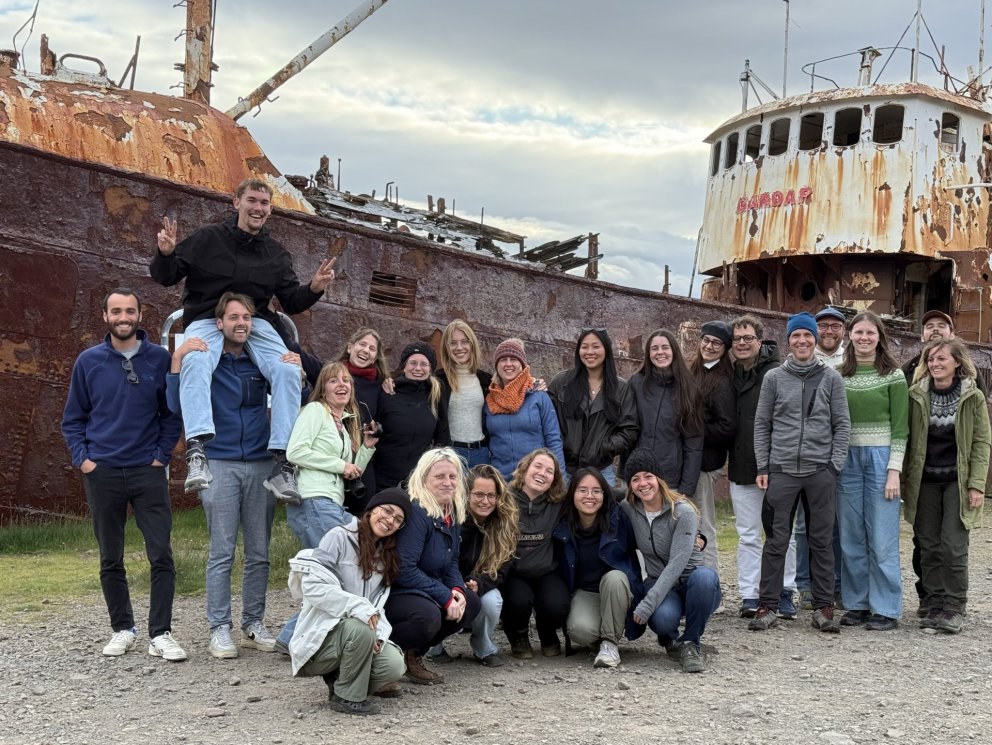ISLAs Summer School at UW
From June 28 to July 6, the Westfjords of Iceland became a living classroom for a group of international students and researchers participating in the ISLAs Summer School 2025—Islands as Laboratories for Sustainability.
Organised through a collaboration between the University of Iceland (UI), the University Centre of the Westfjords (UW), and the University of Groningen—the coordinating institution for the Erasmus Mundus Joint Master in Islands and Sustainability (ISLANDS)—this year’s in-person summer school focused on the theme Remote Communities in Transition. The course leaders are Prof Benjamin Hennig, Faculty of Life and Environmental Sciences at UI, Dr Matthias Kokorsch, Academic Director at UW, and Prof. Dimitris Ballas, Faculty of Spatial Sciences, University of Groningen.
Over the course of ten days, participants explored how island and remote communities respond to contemporary challenges related to sustainability, resilience, and cultural adaptation. The unique setting of the Westfjords, with its dramatic landscapes, small villages, and long history of remote living, offered both a compelling subject of study and an immersive backdrop for learning.
Based in Ísafjörður at the University Centre of the Westfjords, the programme combined academic lectures with field visits to surrounding villages and natural sites. Topics ranged from environmental change and socio-economic development to the cultural dynamics of life in remote areas.
ISLAs builds on the idea that methodologically and scientifically, islands serve as ideal laboratories for studying sustainability transitions. Their geographic isolation and tightly-knit communities provide valuable insights into how societies navigate environmental pressures and changing economic realities.
UW looks forward to building on this summer school’s success through continued collaboration with UI and the University of Groningen.

